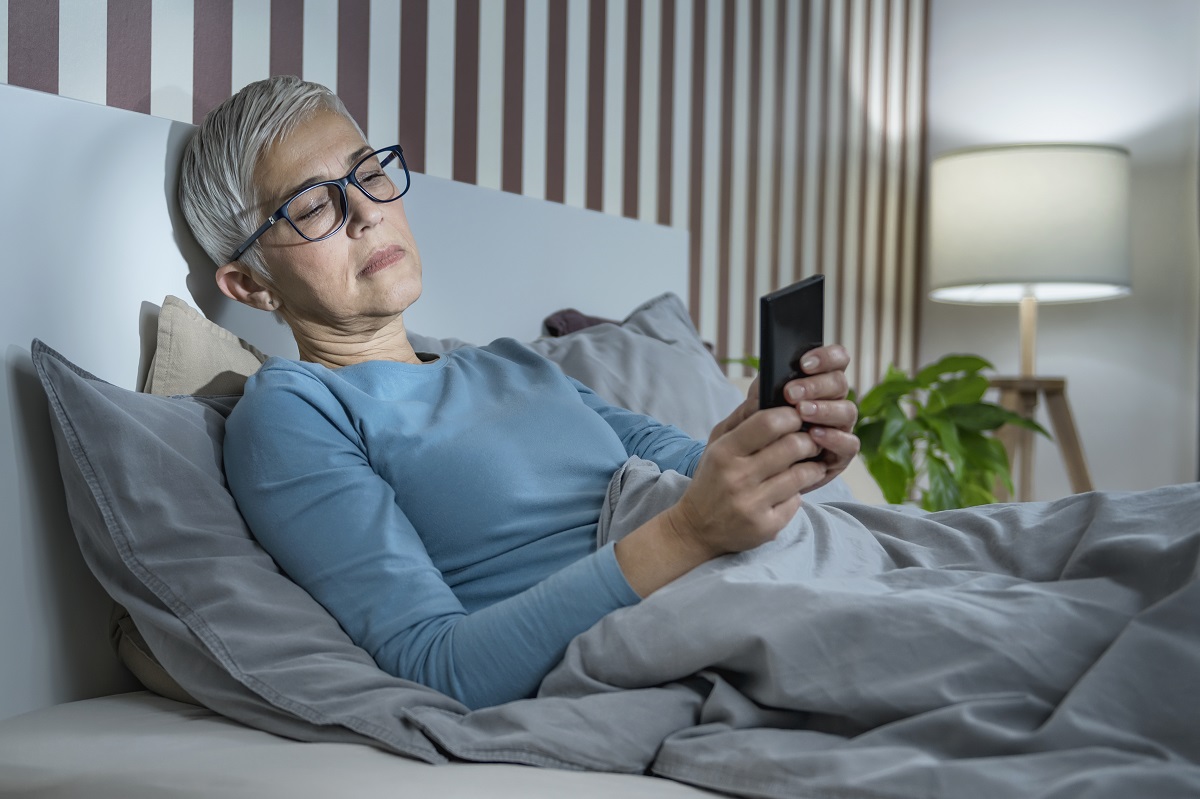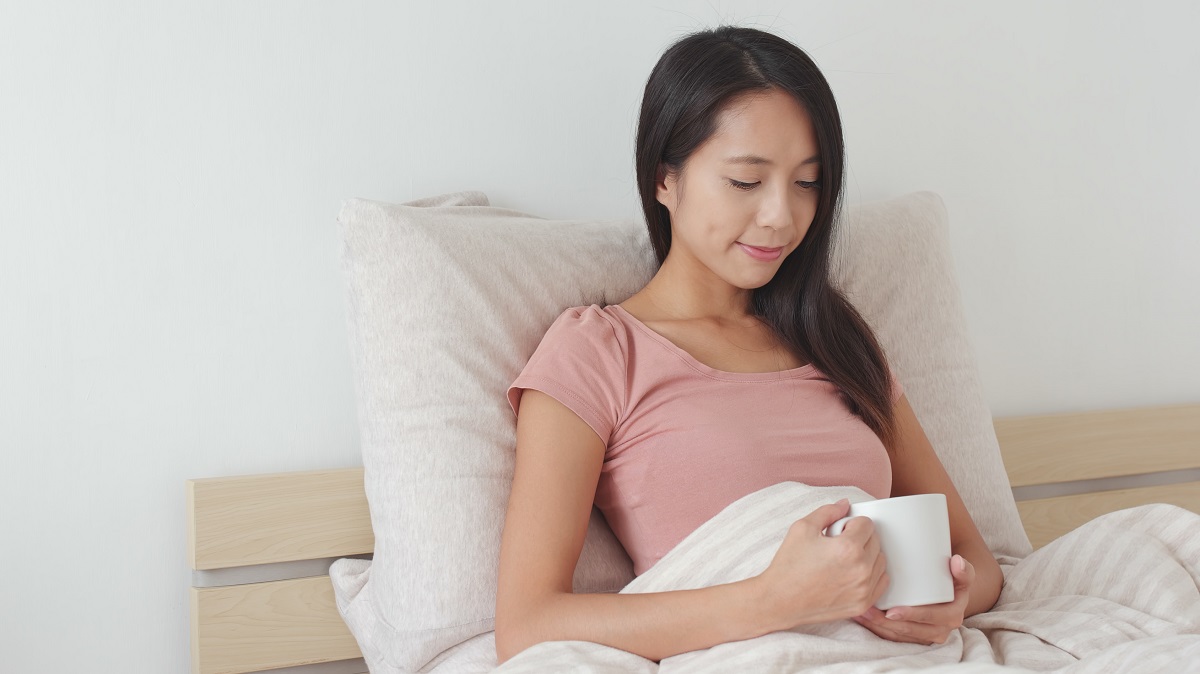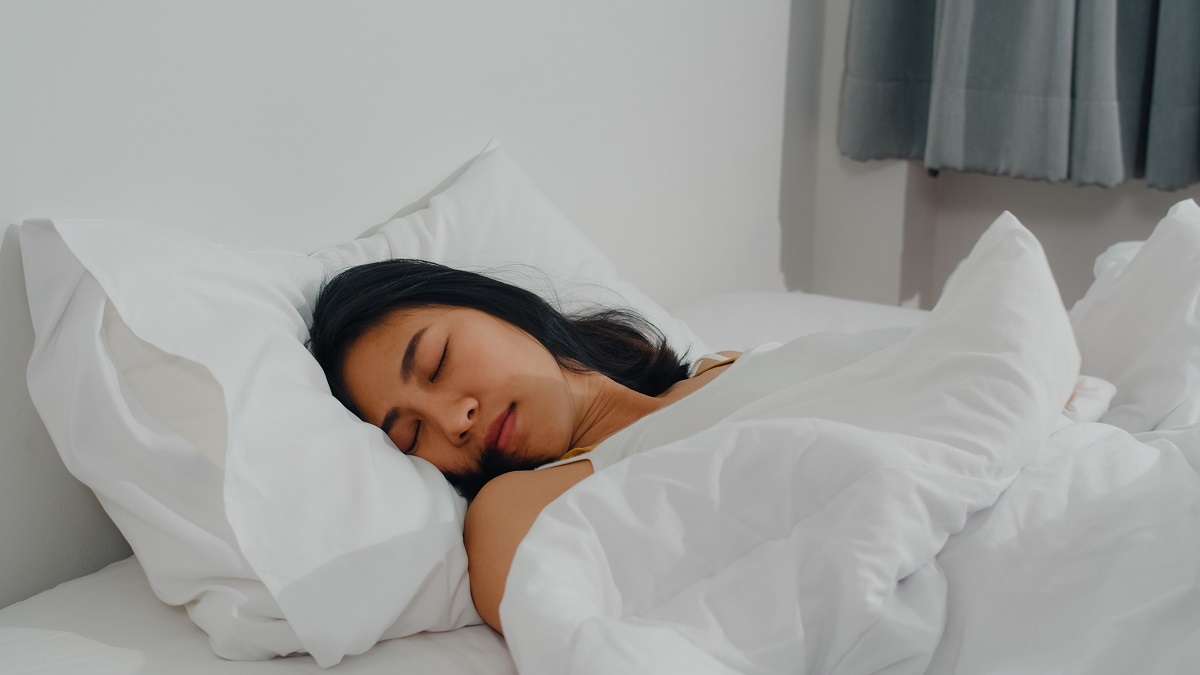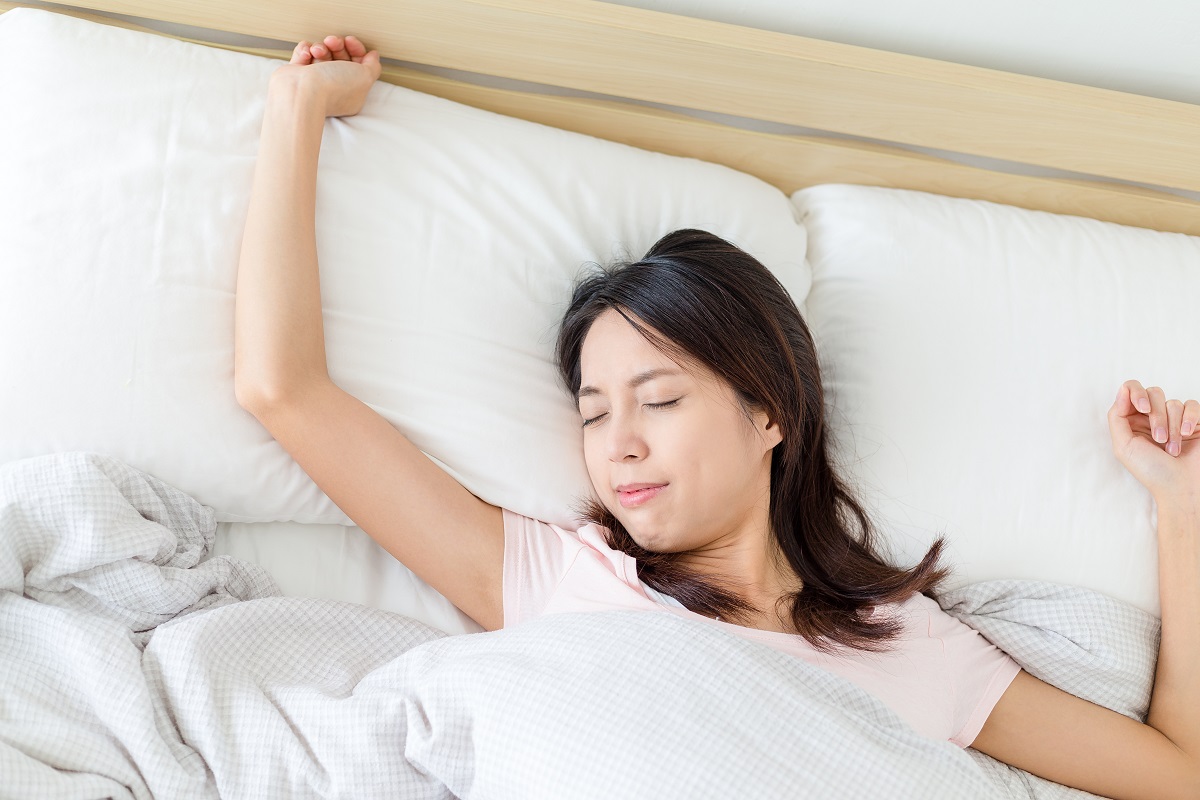What are ways to get better sleep?
- Expose yourself to natural light in the day
- Reduce blue light exposure at night
- Avoid long daytime naps
- Take foods that help you sleep
- Create a pre-sleep routine
- Fix your bedroom environment
Your sleep directly affects your physical and mental wellbeing. Too little sleep can take a serious toll on your mood, energy, and productivity. We all know this, and yet many of us still struggle to get the sleep we need.
If this problem has been plaguing you for quite some time, achieving healthier sleep patterns may seem like an impossible goal. But, did you know that the solution for your woes might be much simpler than you think? Read on to see the six easy ways you can get better sleep.
Expose yourself to natural light in the day
Did you know your body has an internal clock? This is called your circadian rhythm, and it is what tells your body when it’s time to wake, and when it’s time to sleep. It does this by triggering the production of hormones that affect our energy levels, which is why you might feel drowsy or energetic at certain times of the day.
You can influence this to help you sleep and rise at the proper times. One way to do so is by exposing yourself to natural sunlight. This exposure communicates ‘day-time’ to your brain, which then sends signals to your organs and other systems following the time of day.
By doing this each morning, your circadian rhythm adapts, becoming used to giving you more energy during the daytime. Being energetic in the morning helps us feel more tired at night, which makes it easier to fall asleep when we need to. To get enough sunlight, try having your coffee outside, or eat your breakfast by the window.
Reduce blue light exposure at night

Exposure to light during the day is beneficial, but this same exposure at night should be avoided. Again, this effect is linked to your circadian rhythm. When we take in too much light at night, our brain will think it’s still daytime, which then affects hormone production. Substances like melatonin, which helps you sleep, are reduced as a result. Too much light at night can really throw off your circadian rhythm.
There are several ways you can use to reduce nighttime light exposure. These include:
- Using softer lighting for your bedroom.
- Wearing glasses with blue-light lenses.
- Turning down the blue light on your gadgets.
- Turning off any electronics before heading to bed.
- Using heavy curtains to block out windows.
- Using a sleep mask.
Using any of these methods can help reduce your exposure to light, and help you fall asleep much faster at night.
Avoid long daytime naps
While napping is a good way to recharge when you’re tired, taking a nap for more than a few minutes can throw your sleep schedule off. You might even get used to sleeping during the day, which can be hard to correct. If you need to nap, then try to limit it to 15 to 20 minutes. While this might seem short, it is more than enough to energize your body without making your sleep problems worse.
Take foods that help you sleep

Many chemicals, hormones, and nutrients work together to regulate your sleep cycle and make sure your body gets enough rest. These include:
- Melatonin
- Antioxidants
- Calcium
- Magnesium
- L-ornithine
- Serotonin
- B vitamins
- Vitamin D
Although there are plenty of foods that contain these, most of them only contain trace amounts of these compounds. If you want to reap the benefits of these substances, you have to choose options that are densely packed with them — such as Bacopa Monnieri.
Bacopa Monnieri is a herb that is known for its many health benefits. One of its chief effects is that it helps with sleep quality. This is a result of many factors. For one, it’s a powerful antioxidant that suppresses inflammation, which helps your body feel more at ease. It also reduces cortisol levels, which in turn helps with anxiety symptoms like restlessness, stress, and mood swings.
As powerful as it is, it can be hard to find this Bacopa Monnieri in just any store. Luckily, Bona Vita’s 8-in-1 Choco Drink is the perfectly delicious source of this sleep-promoting herb. Try drinking a cup of this before bed to achieve deeper, restorative rest!
Create a pre-sleep routine
If — after all of these tips — you still have a hard time falling asleep, then it may be time to look at your routine before bed. Using the time leading up to sleep in an effective and relaxing manner can play a crucial role in preparing you to fall asleep.
First, try to create a consistent routine that you follow each night. When your body gets used to this routine, acting it out can signal to your body that it’s time to wind down. This will help you fall asleep much quicker once you’re in bed.
Make sure this routine is at least 30 minutes long. You can try quiet reading, a skincare routine, low-impact stretches, or listening to soothing music. Any activity that you find relaxing and not mentally demanding will help you get into the right frame of mind for sleep.
Fix your bedroom environment

While having positive sleeping habits is important, your environment is also a key factor in getting a good night’s sleep. Create a room that’s ideal for sleeping. Many people believe that the bedroom environment and its setup are critical for a good night’s sleep.
Even small changes to your bedroom can make a big difference to your quality of sleep. Make sure your room is dark, cool, and quiet — though some people like having a source of white noise. You can use heavy curtains, earplugs, a soft comforter, a quiet fan, or other things to create an environment that helps you relax.
Key Takeaway
Certain daytime habits can leave you struggling to fall asleep at night, which negatively affects your overall health. But, with the right changes, you can achieve much-needed restorative sleep. To do so, try using these six ways to get better sleep. By making small changes to your daily routine, you’ll find that you can rest much easier than ever before.




